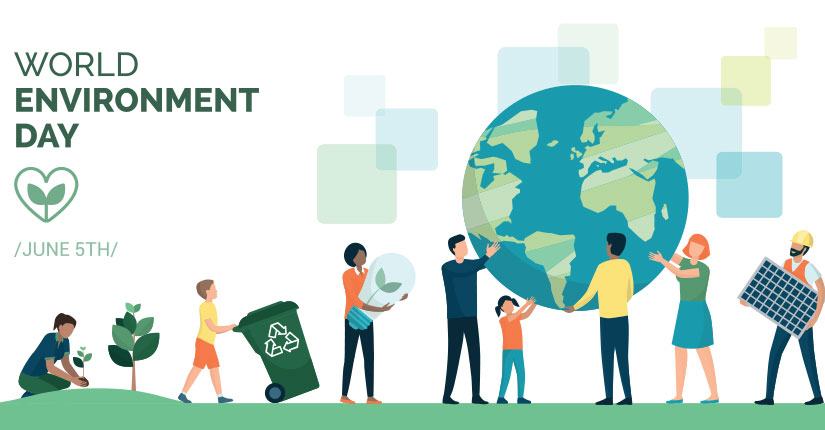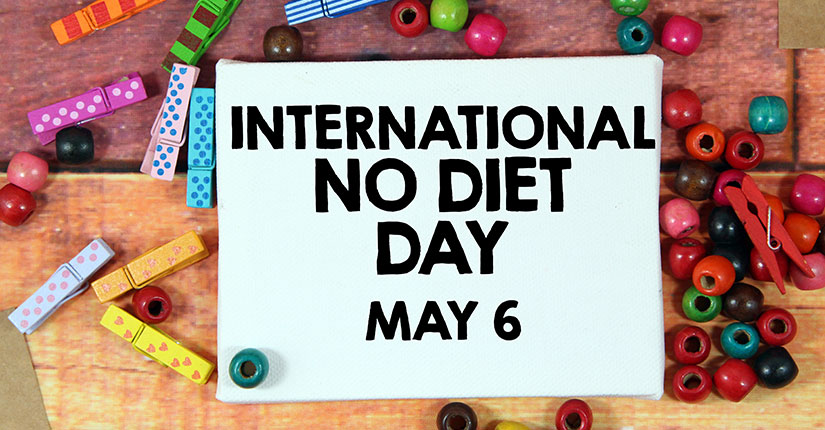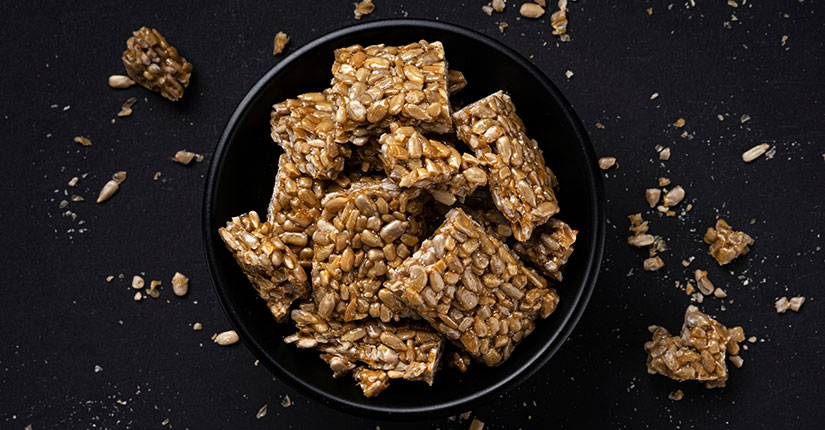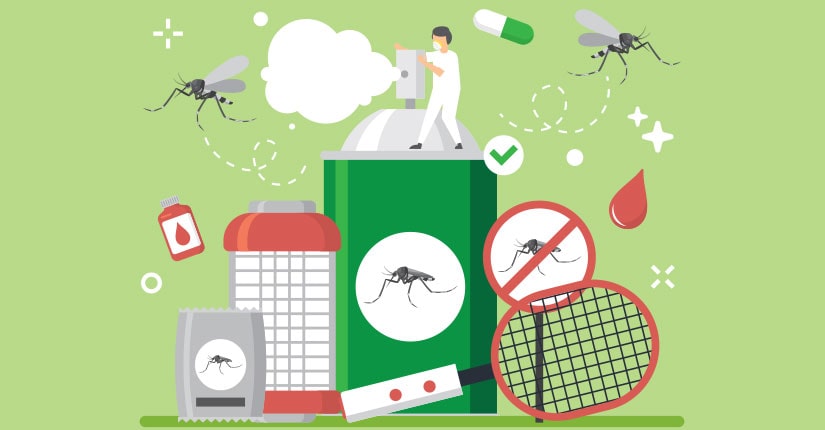Food for Thought – Your Diet and Environment
By Nmami Agarwal 05-Jun 2021 Reading Time: 4 Mins

A well- balanced diet gives us energy, keeps us focused and keeps many medical conditions at bay. What we eat matters. The dietary alternatives we make every day have a big effect on the environment. Well, the good news is that even small changes in what we buy and eat can add up to real environmental benefits, including fewer toxic chemicals, reduced global warming emissions, and preservation of our ocean resources. Eating “organic or green” can also mean eating fresher, healthier foods while reducing your grocery bill and supporting our farmers.
An individual’s choice in-terms of food are a key determinant of both health outcomes and environmental impacts. The growing food demand and population both places great pressure on the environment. On an average, the food system accounts for between 19 and 29 percent of global greenhouse gas emissions, and around 70 per cent of global freshwater use. At present, 86% of the food we eat comes from wheat, rice, maize, sugar, barley, soy, palm and potato. Globally our diets are becoming increasingly similar, both in the food types, and also the varieties of those food types that we eat.
So, as awareness of impacts increases, so does the variety of alternative diet options. Thus, the impacts of our food system help us to make more informed choices about health and the planet’s health.
Ways to reduce your diet’s environmental impact:
- Choose environment Friendly Foods – Food that comes from high on the food chain requires more energy and releases more global warming pollution into the air. So, eat food that are lower on the food chain such as fruits, vegetables, and grains and limit the intake of red meat, go for fresh foods with the fewest process steps etc.
- Reduce food waste and buy judiciously – Always plan your meals, and use a shopping list when going to the supermarket. Food wastage directly relates to environmental impact because of the amount of energy and resources that are needed, hence, purchase foods that you can consume before they expire to curb the wastage of food and shrink the grocery bill.
- Go for Organic products – Organic produce is a safer choice for the environment and for the families because organic growers don’t use synthetic pesticides and fertilizers. These pesticides deteriorate air and water quality, while threatening the health of workers, farmers, and communities. To be precise, organic agriculture is often better than conventional agriculture in reducing global warming pollution.
- Know your portions – Over-eating is a form of food waste, since the greenhouse gas emissions are positively correlated with total energy intake – that is, the larger the portion size, the higher the greenhouse gas emissions. Thus, larger portions considerably impact the environment and the body. It’s time to re-think the value and amounts of resources that go into our food.
Over to you:
Thus, eating a sustainable diet not only benefits the individual but also the environment.





















